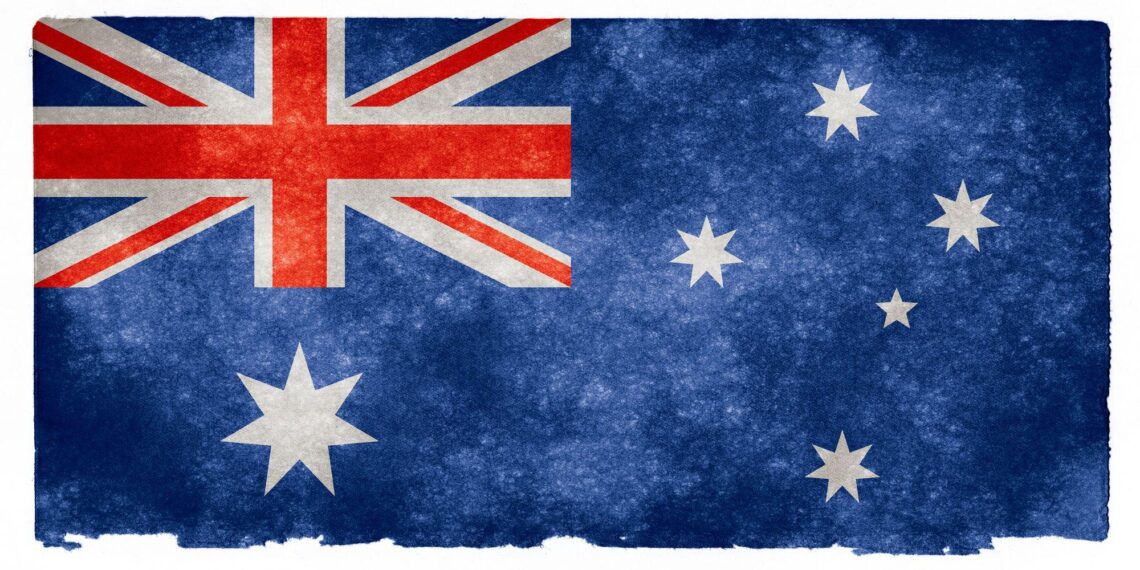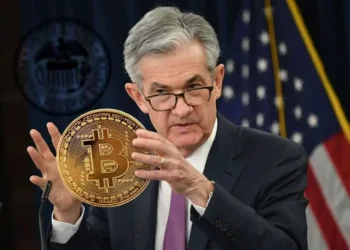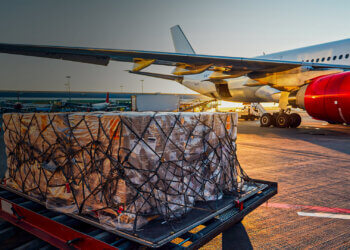Australia has shot down China’s plea to “join hands” against Donald Trump’s tariffs, as the U.S. ramps up its trade clash with Beijing. The White House recently hit Australian goods with a 10% import tax, but slammed China—Australia’s top trade partner—with a 125% levy. In a Thursday op-ed, China’s ambassador Xiao Qian urged Canberra to unite against what he called Washington’s “hegemonic and bullying” tactics, pitching it as the “only way” to push back. Prime Minister Anthony Albanese rebuffed the idea, insisting Australia would “speak for ourselves,” while Defence Minister Richard Marles told the ABC, “We’re not holding China’s hand—it’s about our national interests, not joint cries.”
Australia rejects China’s call to team up against Trump’s tariffs.
Trump flipped the script hours earlier, pausing high tariffs on most countries for 90 days—leaving them at 10%—but jacking up China’s even higher after Beijing unveiled 84% counter-tariffs. Canberra’s peeved about its own tariffs but won’t retaliate, opting for White House talks instead. Xiao’s piece in Nine Newspapers blasted the U.S. for “weaponizing” trade, warning a “weak compromise” could let Trump trash the global order and sink the world economy into a “quagmire.” He leaned on Australia and China’s “mutually beneficial” ties, urging a stand for “fair and free” trade against “unilateralism and protectionism.”Albanese acknowledged China’s trade heft but stressed diversifying beyond the U.S., where 80% of Australia’s trade flows elsewhere. “There are opportunities, and we’ll grab them,” he said. Marles doubled down, eyeing “economic resilience” by easing reliance on China and boosting ties with Indonesia, India, the UK, and UAE. Trade Minister Don Farrell’s been hustling, meeting Japan, Singapore, South Korea, and India recently. Australia’s playing its own game—tariffed but not tethered.
Related Posts
© 2025 Newsweek World.
All rights reserved.










